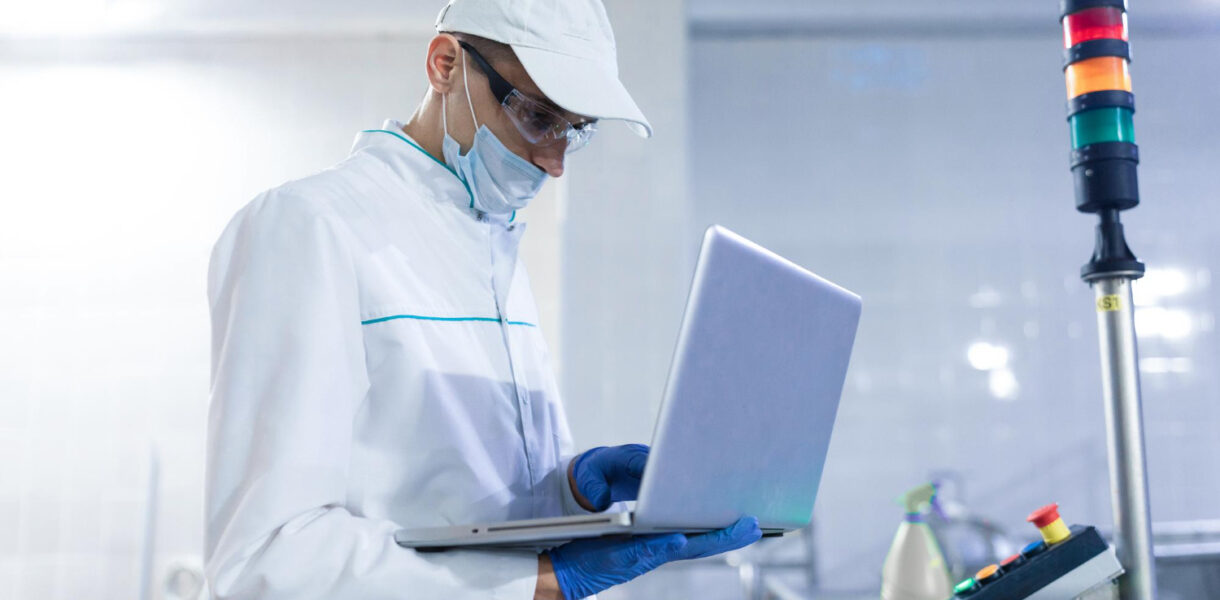We recognize the booming growth of the CBD industry in recent years. The increasing demand for its potential health benefits has catapulted the industry to the forefront of modern medicine. It’s a testament to the power of natural solutions, and it’s an exciting time to be a part of this movement. We look forward to seeing the CBD industry continue to flourish and to witnessing the groundbreaking innovations that are yet to come. In this article, we’ll explore the benefits and risks of technology in the CBD industry, as well as its potential future
Exploring the diverse sectors of the CBD industry
Various sectors compose the CBD industry, offering a wide range of products and services, such as CBD extraction, production, delivery, and retail. Each sector contributes uniquely to the overall CBD industry and presents its own set of opportunities and challenges. It is important to select a specific area within the industry to focus on, as each sector experiences its own technological advancements and impacts. By concentrating on a specific sector, one can better comprehend the technological innovations and potential impacts specific to that area.
Role of Technology in this field
The use of technology in the CBD industry has played a significant role in improving the quality and safety of CBD products. One such example is the use of high-tech extraction methods like CO2 extraction, which allows for better control over the purity and potency of CBD products. CO2 extraction is a method of extracting CBD from the cannabis plant using pressurized carbon dioxide. This method is considered to be safe and efficient, and it produces high-quality CBD extract that is free from contaminants.
Technology has also facilitated better quality control in the production of CBD products. For example, companies can use advanced analytical instruments like high-performance liquid chromatography (HPLC) to measure the potency and purity of their CBD products with a high degree of accuracy. This helps to ensure that products are properly labeled and that consumers are receiving the correct dosage of CBD.
It also enabled companies to create more precise dosing methods, such as using nanotechnology to create CBD particles that are smaller than a human cell. These small particles can be more easily absorbed by the body and may improve the effectiveness of CBD products.
Extraction of CBD
CO2 extraction involves using pressurized carbon dioxide to extract CBD from the hemp plant. This method is preferred because it produces a clean, pure extract with minimal residual solvents. Other technologies, such as high-performance liquid chromatography (HPLC), are used to analyze and verify the quality and purity of CBD products.
How it works!
Posabit is a perfect example of how technology, offers an online platform for cannabis delivery. Customers can use the platform to order a variety of cannabis products, including those containing CBD, and have them delivered to their doorstep. The platform also uses technology to ensure regulatory compliance, including verifying the age and identity of customers and ensuring that all products sold meet state and local regulations.
Discussing the Potential Risks:-
Every technology comes with potential risks and downsides that require consideration. In the case of CBD companies, data security is a significant concern, as they handle sensitive consumer information, including personal details and medical conditions. Additionally, over-reliance on technology is a potential risk that could lead to insufficient human oversight and inadequate quality control. It is important to be mindful of these risks and take appropriate measures to mitigate them.
Legalization aspect of CBD:-
The use of cannabidiol (CBD) products, which are derived from the cannabis plant, has become increasingly popular in recent years due to their perceived health benefits. However, the legal status of CBD products varies widely by jurisdiction, with some countries and states allowing the sale and use of CBD products while others have banned them entirely.
To navigate this complex legal landscape, companies operating in the CBD industry are turning to technology to help them comply with regulations and ensure that their products are safe and of high quality. One such technology is blockchain, a decentralized digital ledger that can be used to create a transparent and auditable supply chain.
By using blockchain, CBD companies can track their products from seed to sale, creating a verifiable record of each step in the process. This can help to ensure that products are not contaminated or adulterated, and that they are properly labeled and packaged. In addition, blockchain technology can help companies comply with regulations by providing a transparent and auditable record of their operations.
In Summary
Technology has had a significant impact on the CBD industry, improving product quality, safety, and compliance. However, as with any technology, there are risks to consider, and the legal landscape remains complex. As the industry continues to evolve, it’s likely that technology will play an even more significant role in shaping its future.


